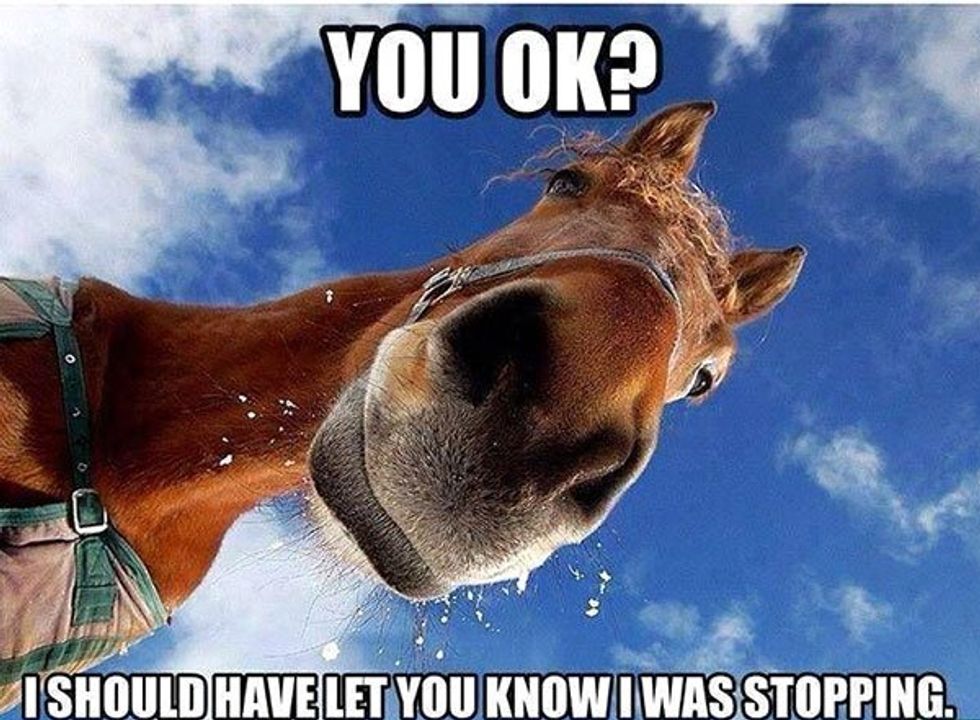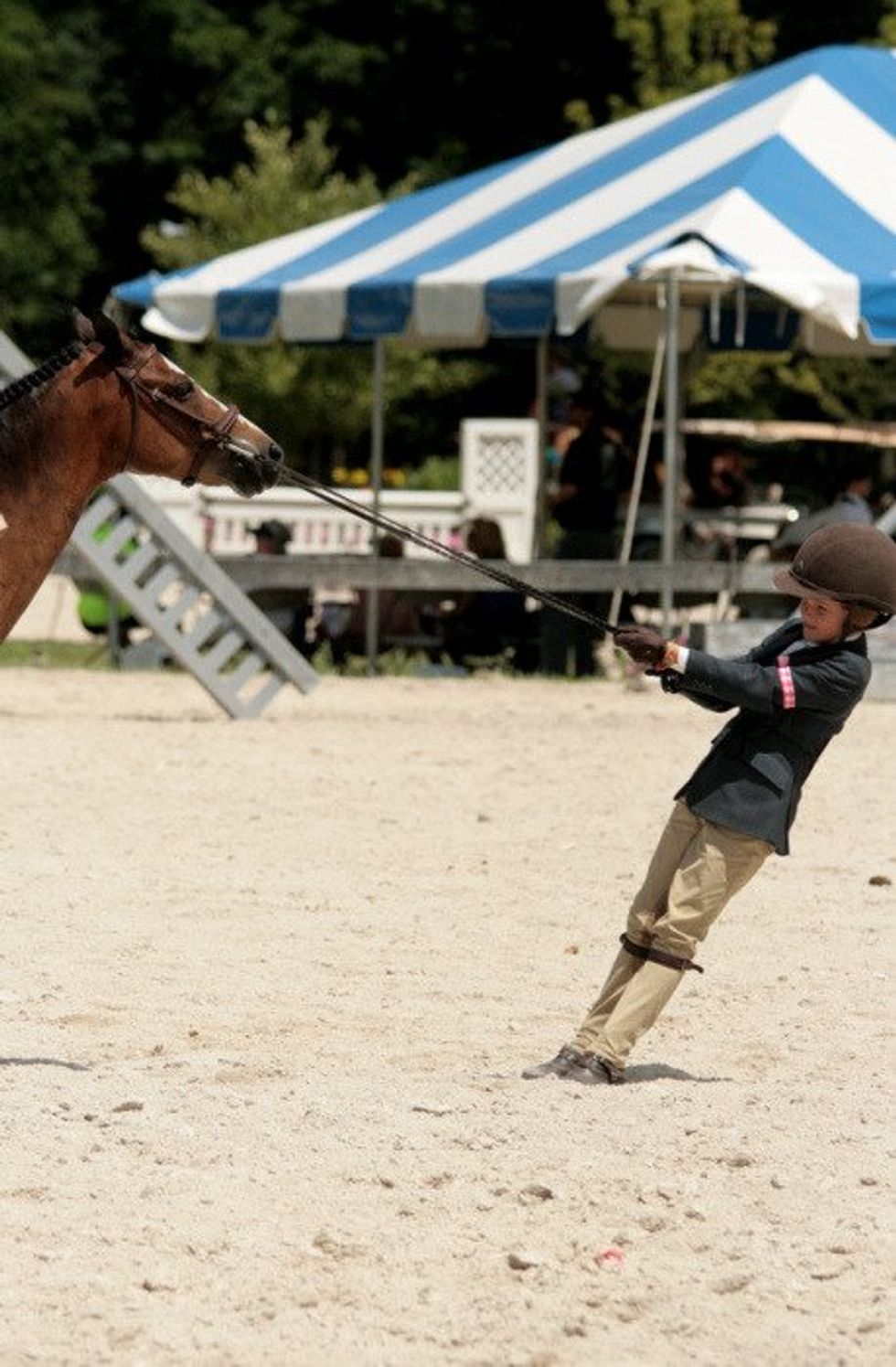The Oscars are almost guaranteed to attract some controversy each year. Usually, there's some disagreement over which film deserved best picture, or what movie is overrated. Given the current political climate, this year will likely prove more divisive than most.
Of course, politics have never been completely separate from entertainment and award shows. Most notably, there was Marlon Brando's boycott of the 1973 Oscars. Brando sent activist Sacheen Littlefeather in his place to deny his Best Actor Award, as protest for the film industry's treatment of Native Americans. More recently, the #OscarsSoWhite campaign of the last two years has inspired boycotts in reaction to the lack of diversity in the nominees. Whether this year's more diverse slate of nominees puts an end to the controversy remains to be seen, but the Academy must be hoping so.
If the Golden Globes are any indication, this year's Oscars are more likely to be primarily dominated by political, rather than racial, controversy (though the two can never be entirely separated). There's nothing new in artists and entertainers criticizing politicians, but few political figures have managed to unite the entertainment industry in opposition as Donald Trump has. After the Golden Globes, reactions were largely split into two camps: praising entertainers for taking a bold public stance, or arguing that celebrities should stay out of politics. This raises the question, can they really stay out of politics? Even if they can, should they?
We're living in a world in which an American Idol runner-up has been nominated for Congress by North Carolina Democrats. A world in which Michigan Republicans have suggested Kid Rock for Senate, and Ted Nugent has indicated he may run in the same state. A world in which the star of the Celebrity Apprentice is now the President of the United States. Surely, actors delivering politically-charged speeches at award shows pale in comparison.
For all their wealth and privilege, artists and entertainers are still people, not public property. They are not obligated to tailor their political views to those of their fans. They have every right to express their views, just as the public has the right to respond. Boycotting or criticizing people after they speak is a far better response than seeking to prevent them from speaking in the first place. That should go without saying, but this is apparently the present state of political discourse in America.
You may not want to tune into the Oscars just to hear four hours of political speeches (the alternative, however, is listening to celebrities thanking half the people they've ever met). Perhaps it's best to remember that they have the right to free speech, just as we all have the right to turn the channel. Besides, in the time it'll take to watch the Oscars, you could catch up on half a season of your favorite show.
The 89th Academy Awards ceremony, hosted by Jimmy Kimmel, will air this Sunday, February 26th.


















 teenhorseforum
teenhorseforum














